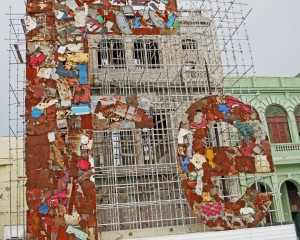
Sculpture made from street trash. The Spanish word “Fe” means faith. Photo: J. E. Williams, Havana 2012.
If the current shift in Cuban policy serves U.S. national interest, will it eventually also serve Cubans? Was it ever in our best interest to declare Cuba, a long time and close friend of the U.S., an enemy? I’ve never understood the logic.
Where I live in Sarasota, in recent memory American citizens regularly boated the 296 miles to Havana for an enjoyable weekend. It’s just 110 miles to Havana from Key West. Before the revolution, daily ferries carried honeymooners from Miami to Havana. Ernest Hemingway lived outside of Havana from 1940 to 1961. For centuries Cuban fishermen plied the Florida coast and were among the first to settle in Tampa Bay. In 1885, a group of Cuban cigar manufacturers founded Ybor City, now a part of Tampa.
I was first in Cuba in 1998, where I gave a presentation on sustainable medicine at an international conference on sustainable economies. I was impressed with the Cuban people’s vitality then, and after many trips since my first time, I am still in love with the island and her people.
In Santiago de Cuba, the country’s most eastern and second largest city, I stayed with a Cuban family in 2008. In the old part of the city, the streets are so narrow that you can peer from your bedroom into the living room across the street. In the daytime, doors are open. It’s a porous society. Everyone knows every one else. Neighborhoods are more like indigenous villages then city blocks.
People exchange what they have. Some times they barter, but mostly they share. Today you need a half a cup of sugar, so I share half of mine with you. Tomorrow, I run out of coffee, and another neighbor offers some of theirs.
Time and goods flow freely. No one keeps tabs.
This type of Ayni – mutual reciprocity that interlinks people and goods, knowledge and services into a living network of cooperation – has flourished since the embargo. I survive because we survive.
Cuba is an experiment and an experience.
I understand that the last 55 years have been a loss to three generations of Miami Cubans cut of from family and country. Not because Fidel Castro’s version of communism won. Not because the stubbornness of Cuba exiles who refused to discuss negotiations before Barak Obama’s decision to relax U.S. policy towards Cuba on December 17th, 2014 may force them to reconsider their hardline position. But because for some unknown reason, this small island nation stood up to their immensely powerful capitalist neighbor, and in doing so paid a very steep price.
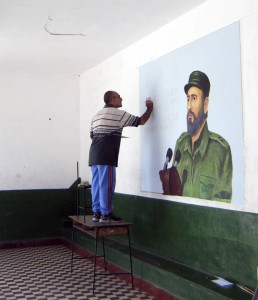
A schoolteacher in Santiago paints Fidel’s portrait on the classroom wall. Many still consider him a great Cuban hero.
In effect, Cubans resisted the trend towards capitalism and globalization. To survive, they turned the entire island to organic farming. They raise vegetables in the city. They employ sustainable methods of medical treatment like acupuncture and homeopathy, and integrate herbal therapies with modern Western medicine.
Cuba has been a sociological test tube for an integrative way of living. What better place to perform this experiment then an island? Why couldn’t we have seen this as an alternative to our wasteful, greedy way of relating to the earth?
At the mercy of the most powerful nation in the world, whose government imposed a harsh economic embargo, they’ve held out and kept faith.
On December 20, 2014, the Cuban National Assembly members gave a long-standing ovation to Cuba’s famous five anti-terrorist heroes, the agents who spent years in U.S. prison for spying on Cuban exiles. Two had already been released after serving their terms and the final three were released on December 17th as part of a prisoner swap. In return, Cuba freed U.S. aid subcontractor Alan Gross, who was held for five years in a Cuban prison.
It’s a reasonable beginning, but it’s not over yet for the Cuban people who face a long struggle in the coming years before the embargo is lifted, and a difficult transition afterwards.
What kinds of political system will emerge? No one knows. But one thing is sure, Cuba will rise, and the Cuban people will emerge stronger. But, with the pressure off will they push towards democratic freedom or a Chinese style communism that allows economic growth at all costs, including personal wealth?
I certainly don’t know. But, I have faith in the Cuban people. These are not a people who easily forget, and that is one of the great strengths as well as a fault. And, I know that they have learned the lesson of Ayni well, and can teach us all about living healthy with less.

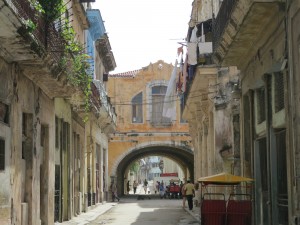
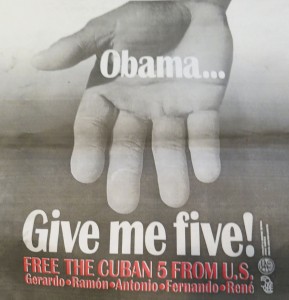
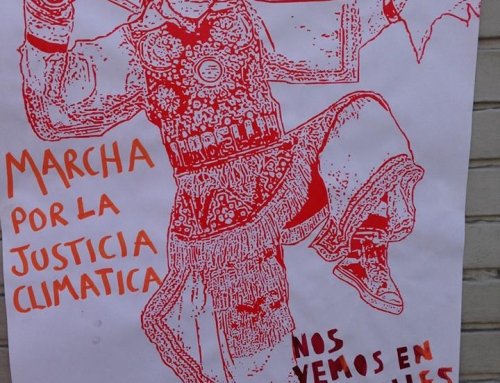
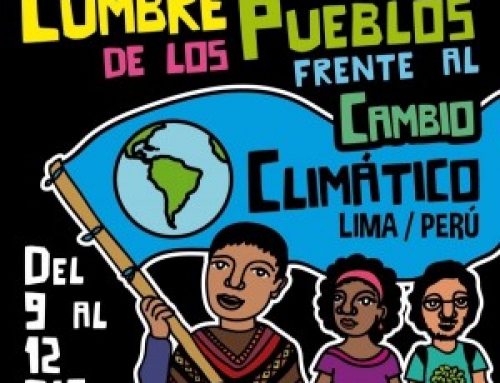
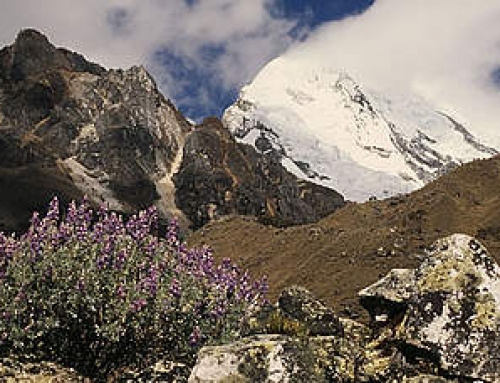
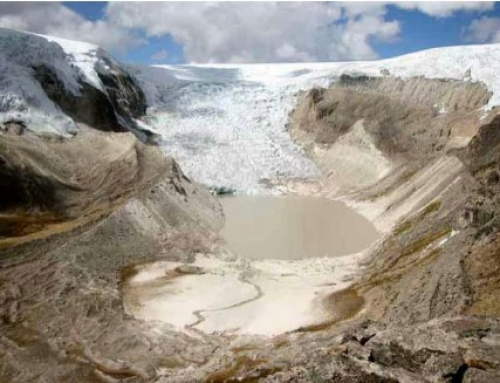
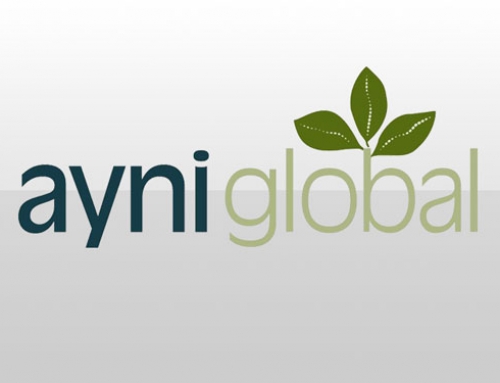
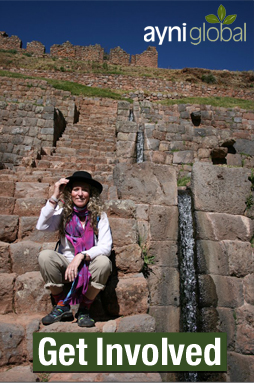
Enjoyed reading your blog about Ayni in Cuba. I look forward to reading your future blogs. Thank you, Jacob.